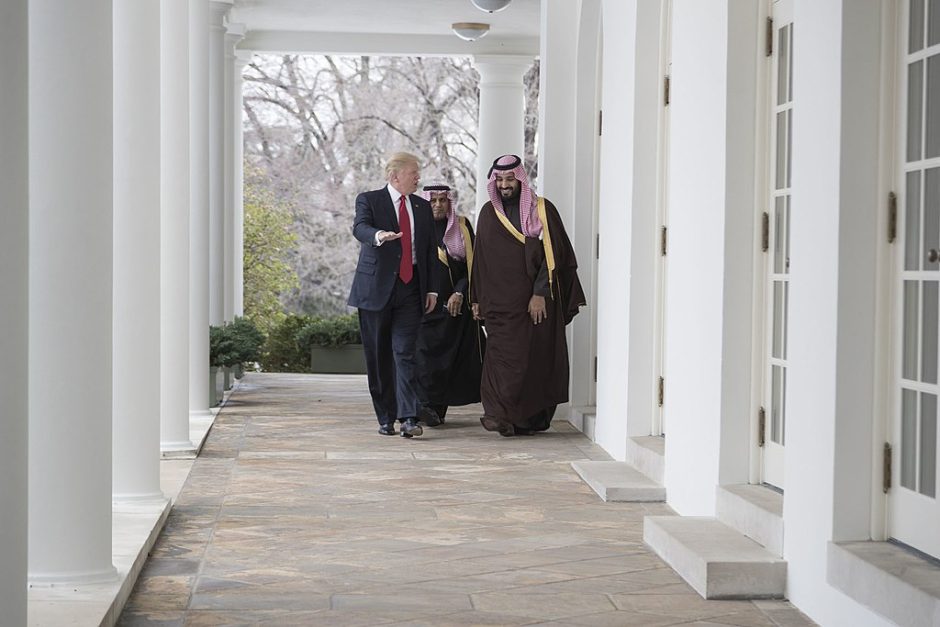One of the world’s least progressive countries may at last be on the cusp of meaningful change.
Saudi Arabia, the seat of Islam, was until very recently a major exporter of Wahhabism, an austere and intolerant strain of Islam which Al Qaeda adopted for its own malicious ends. Lest we forget, 15 of the 19 Arab perpetrators of the September 11, 2001 terrorist attacks in the United States were Saudis.
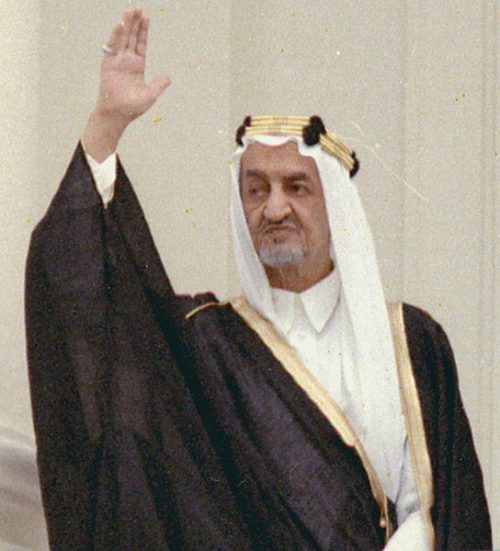
Saudi Arabia, too, promoted antisemitism and Holocaust denial. The late King Faisal hailed The Protocols of the Elders of Zion, a scurrilous antisemitic tract concocted by the Russian secret police, as a revelation. In this malevolent spirit, the former Saudi ambassador to the United Nations, Jamil Baroody, denounced Ann Frank’s diary as a forgery and cast doubt on the veracity of the Holocaust.
In the past year, however, the winds of change have begun to sweep through Saudi Arabia.
Several months ago, Saudi Arabia’s new crown prince, Mohammed bin Salman, let it be known that his oil-rich nation, an absolute monarchy where democracy and human rights are alien concepts, would eradicate Islamic extremism and embrace “moderate Islam.”
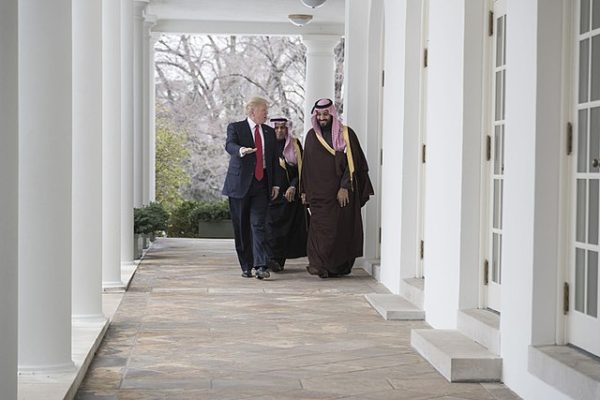
A 32-year-old reformer who has abolished the antiquated prohibition against women driving vehicles, Salman said he intended to push his conservative kingdom into the modern era as quickly as possible. “We won’t waste 30 years of our lives dealing with any extremist ideas,” he declared in a speech in Riyadh. “We will eradicate extremism.”
If Salman remains true to his promise, Saudi Arabia may indeed be in store for real change.
Intrigued by these developments, Robert Satloff — the executive director of The Washington Institute for East East Policy — led a delegation of its lay leaders to Saudi Arabia two months ago. There they met Mohammed al-Issa, the secretary general of the Muslim World League, an organization that has been in the forefront of exporting radical Islam to the rest of the world
Taking his cue from Salman, Issa — the former Saudi finance minister who was appointed to his current position in 2016 — pledged to overhaul the Muslim World League.
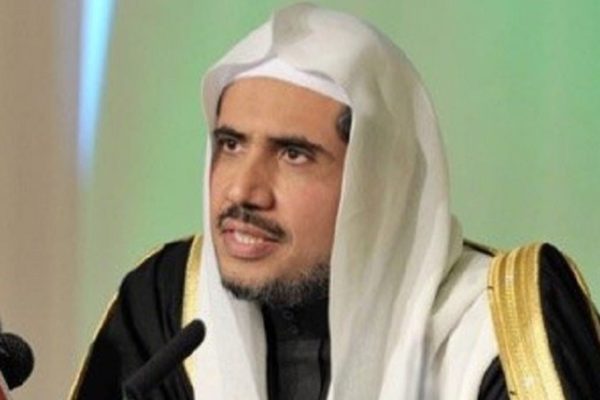
In a recent piece in The New York Daily News, Satloff wrote that Issa impressed him with his interest in “religious outreach” and his fond recollection of a recent visit to a synagogue in Paris.
After returning to the United States, Satloff invited Issa to address The Washington Institute for East East Policy. He also urged him to tour the U.S. Holocaust Memorial Museum in Washington, D.C. “Tearing down the walls of Holocaust denial, so widespread in Arab and Muslim culture, is a critical element in the broader fight against the hatred and extremism at the heart of Islamist extremism,” he noted in his article.
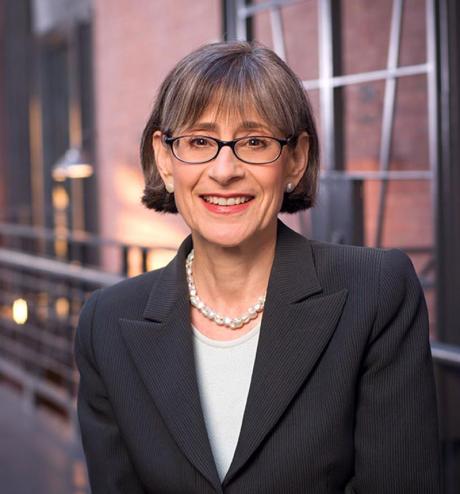
Issa not only consented to visit the museum, but agreed to send a public letter to its director, Sara Bloomfield, to mark International Holocaust Remembrance Day. In his 623-word missive, Issa labelled the Holocaust “an incident that shook humanity to the core, and created an event whose horrors could not be denied or underrated by any fair-minded or peace-loving person.”
In his newspaper piece, Satloff reprinted much of Issa’s letter: “This human tragedy perpetrated by evil Nazism won’t be forgotten by history, or meet the approval of anyone, except criminal Nazis or their genre. True Islam is against these crimes. It classifies them in the highest degree of penal sanctions and among the worst human atrocities ever.
“One would ask, who is in his right mind would accept, sympathize or even diminish the extent of this brutal crime. However, our solace is that the memory of history is fair and vivid; and a justice, free of any other inclinations, would mourn this crime on behalf of all humanity. The victims have sacrificed their innocent lives to pen a memorable reminder of freedom and determination, an example of the extent of Nazi hate which has sunk the world into wars and disasters.”
In a reference to Holocaust denial, Issa was particularly firm:
“History is indeed impartial no matter how hard forgers tried to tamper with or manipulate it. Hence, we consider any denial of the Holocaust or minimizing its effect, a crime to distort history, and an insult to the dignity of those innocent souls who have perished. It is also an affront to us all, since we share the same human soul and spiritual bonds.”
Satloff described Issa’s letter as a “remarkable document — remarkable for its authorship, breadth and message.”
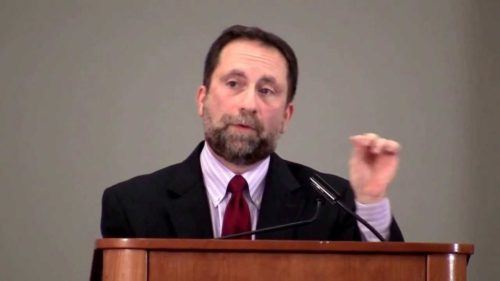
One cannot but agree.
If Issa is sincere, Saudi Arabia may yet be able to play a pivotal role in convincing the rest of the Muslim and Arab worlds that Holocaust denial is not only ahistorical but antisemitic.
Issa could well be an agent of change.
